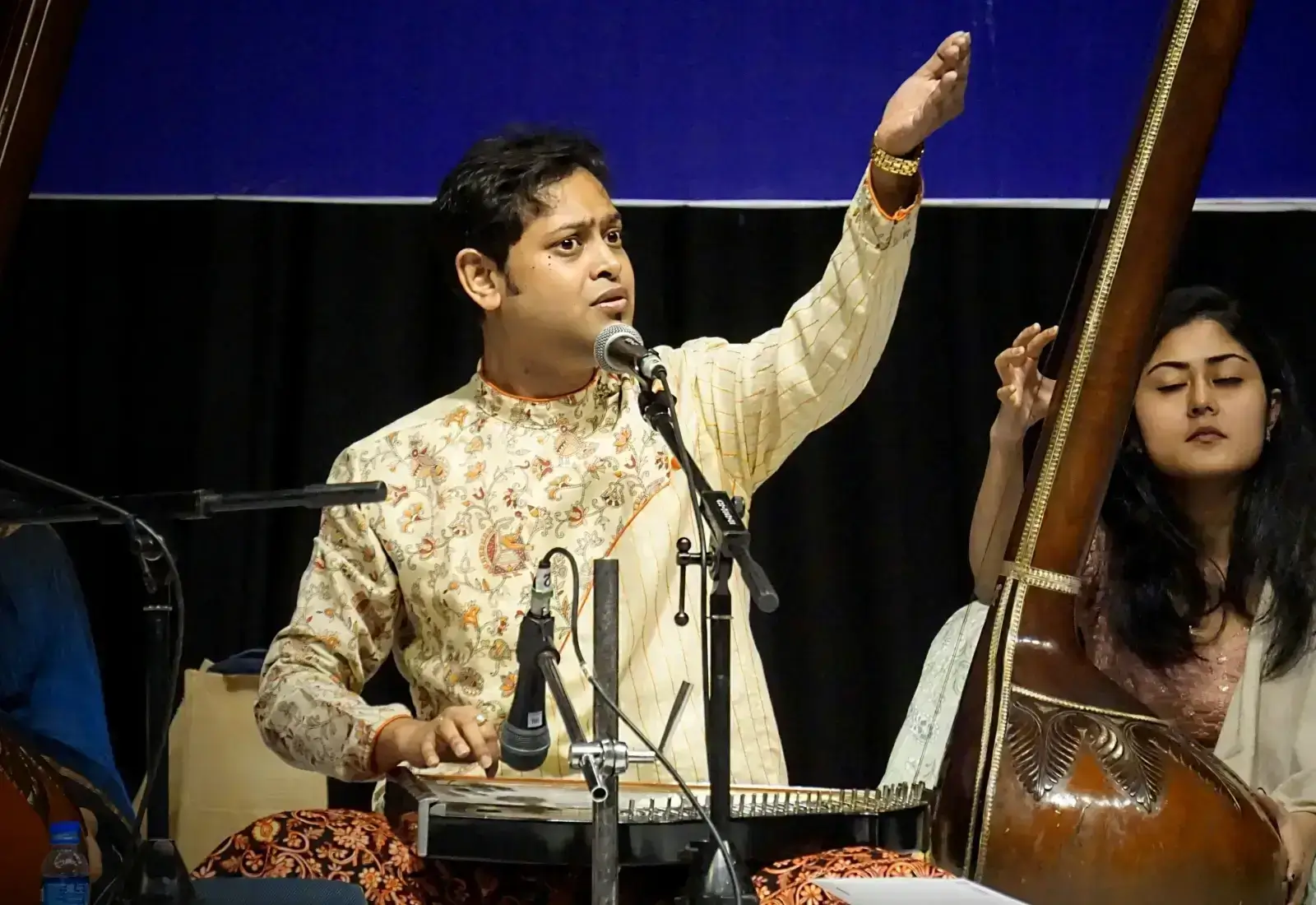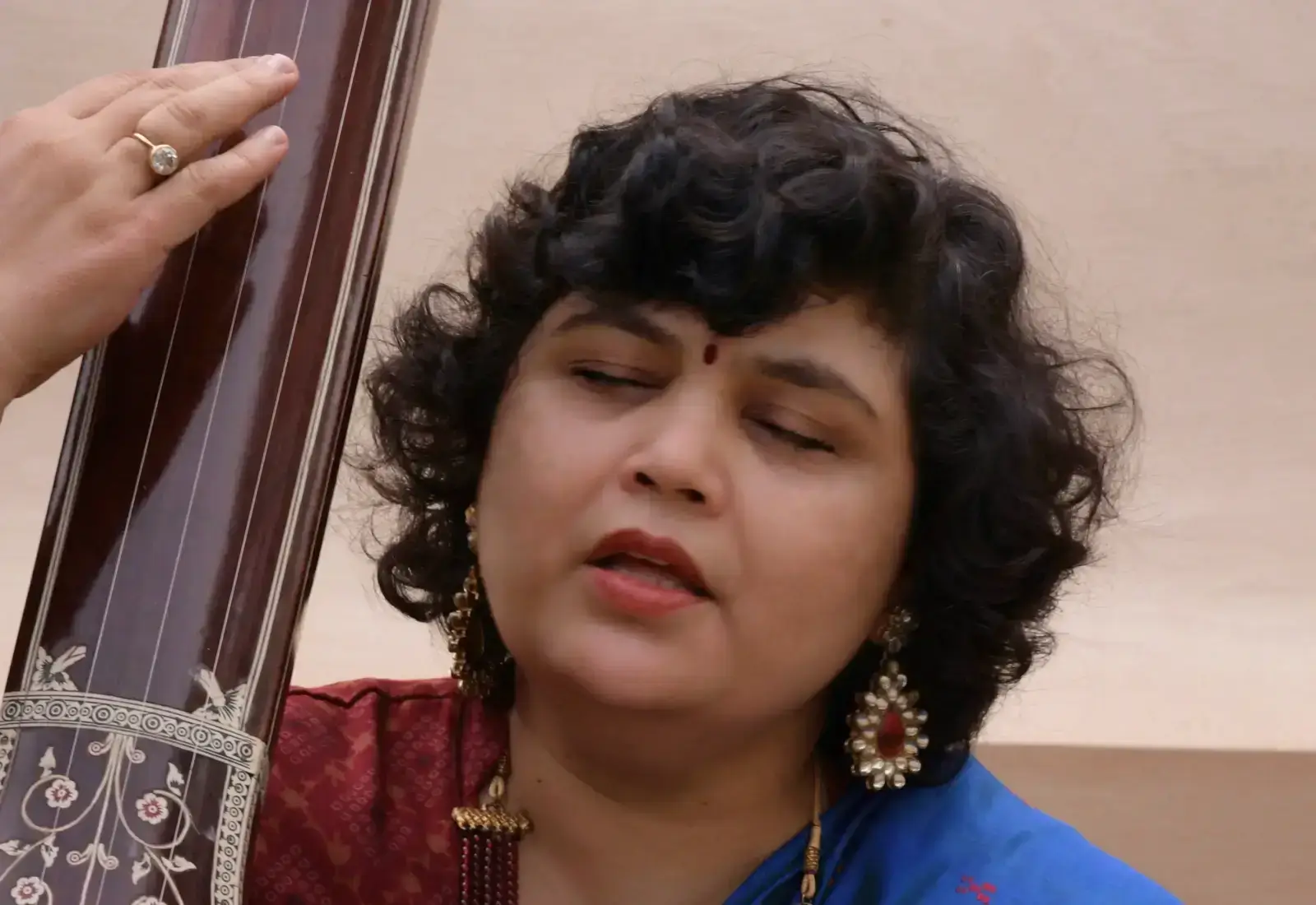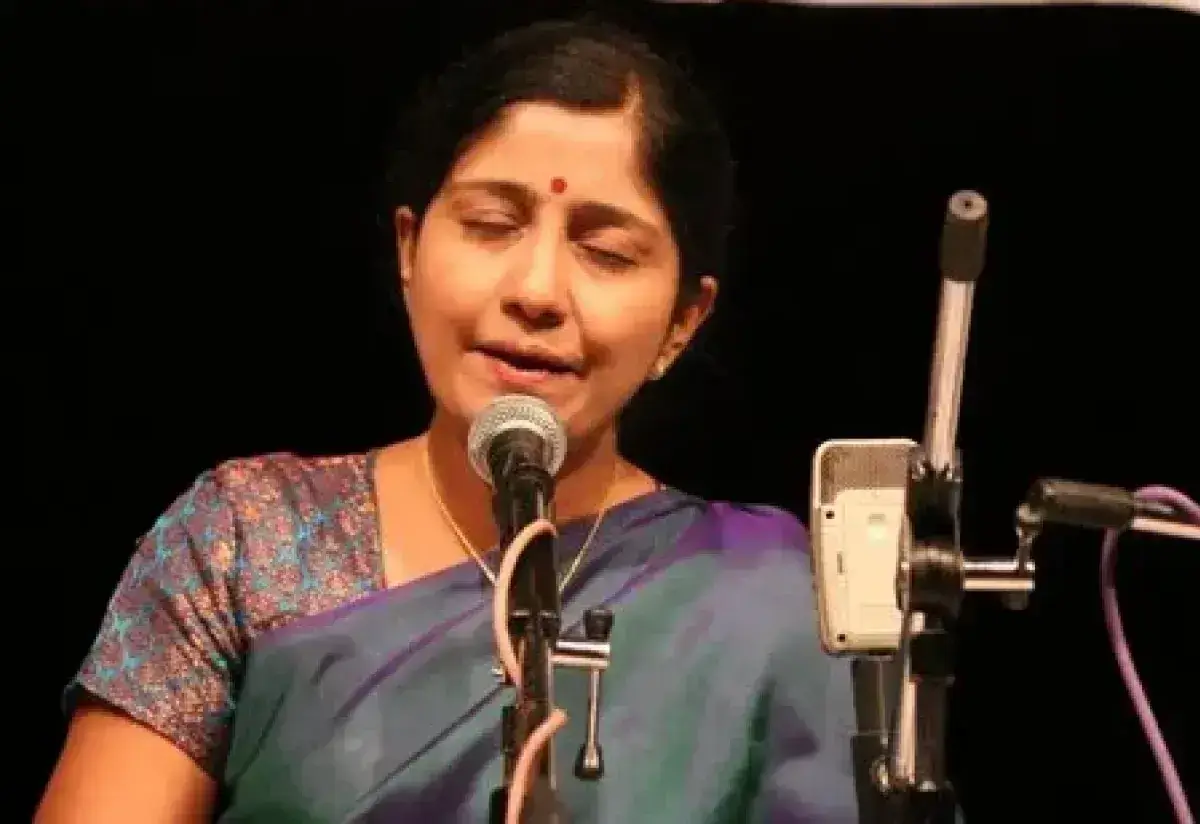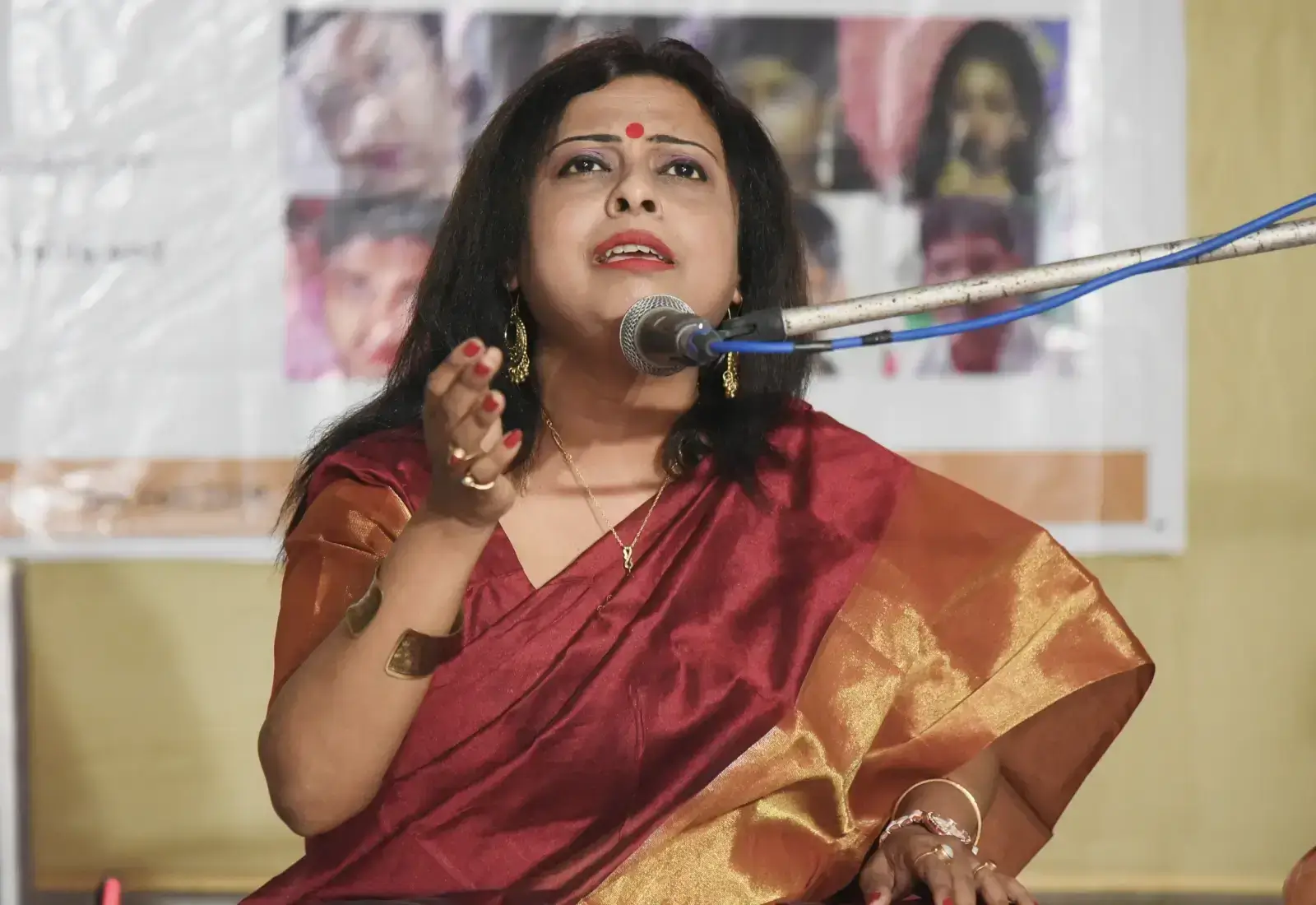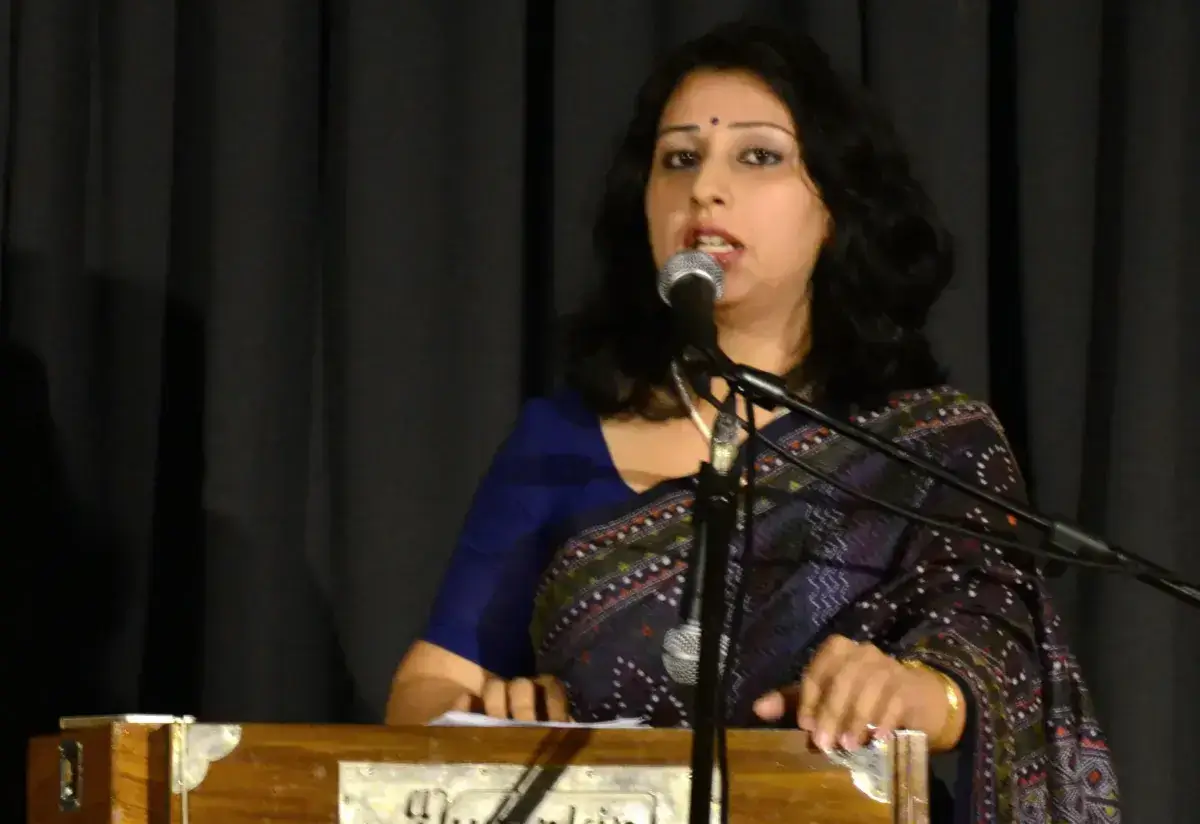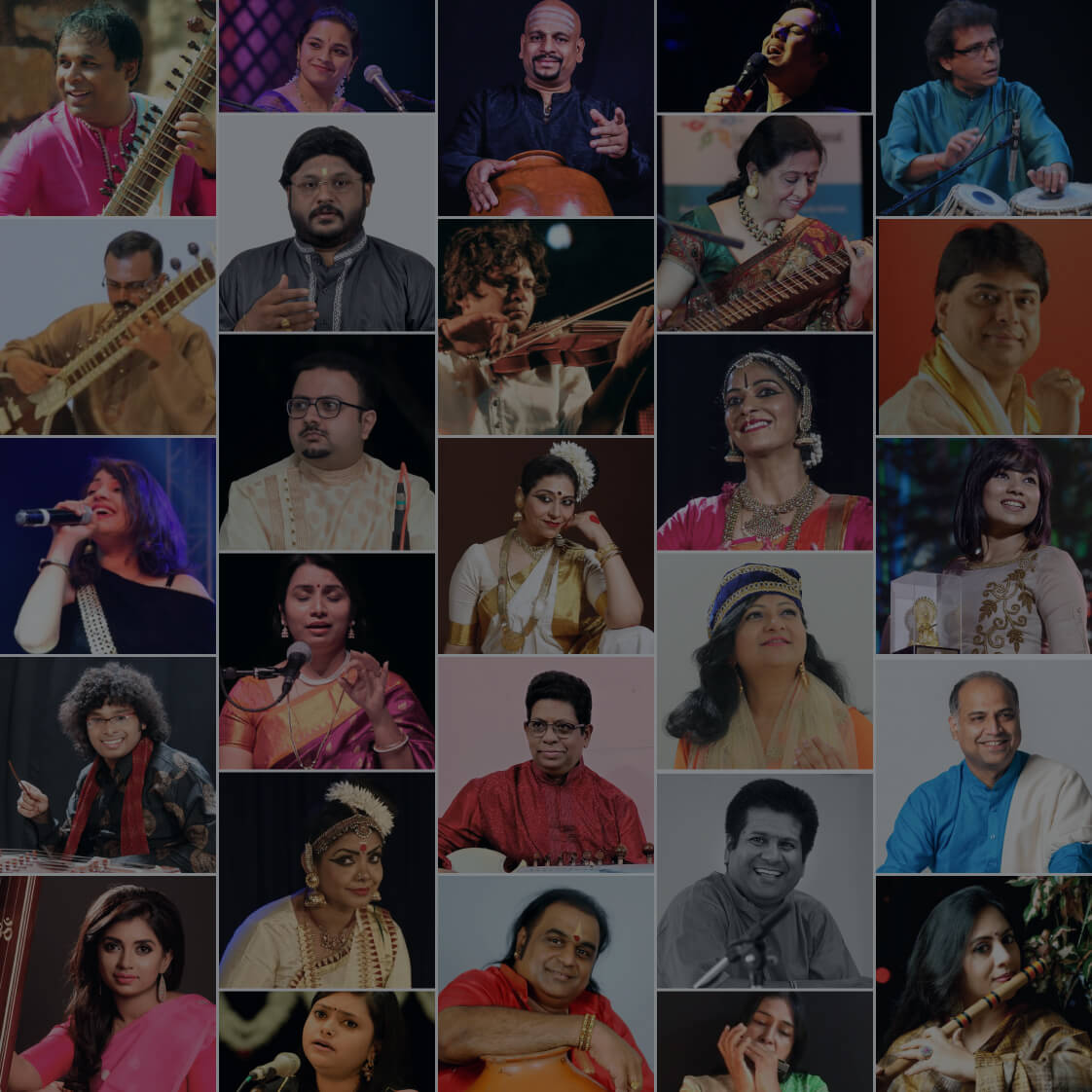Featured
Here’s Why Grades of Singing Exams in India Are Important for Students
As a parent of a singing aspirant or a singing aspirant yourself, you must be always thinking of the long, official process it takes to get certified as a singer.
The point of these graded exams is to hold as proof that you’re qualified enough to conduct a professional singing journey or that you’re good enough to impart your wisdom to others.
Are you studying classical music in India for exams? Or are you interested in learning more about singing certifications in India?
Maybe you have a natural talent, a gift for music, and a lovely, melodious singing voice but you don't know exactly where to begin.
You could enter one of those talent competitions, win it, and then land a solid contract with a good salary, and voila! Overnight, you've become a celebrity! That is correct.
There's also the possibility of becoming a YouTube celebrity by uploading music videos and receiving thousands of likes and shares.
All this before someone important notices you and hires you for their next gig or production.
Having flawless pitch and raw vocal force is the first step toward a successful music career.
However, only a small percentage of people are born with them.
Before achieving that perfect tone and rhythm, most singers have put in hundreds of hours of rehearsal.
They spend countless hours in the classroom learning music theory, as well as a staggering amount of time listening to voice coaches and taking singing lessons.
And before making it big, they all had to pass singing level tests in India to hone their skills.
Each level is meticulously crafted to ensure gradual and continuous improvement in your vocal abilities.
Begin your career as a vocalist by taking a series of graded exams
Singing ability evaluations have been done for many centuries. The origins of singing exam grades can be traced back to the late 1800s in the United Kingdom.
This was when two Royal Music Academies, Sir Alexander MacKenzie and Sir George Grove, expressed their desire to formalize levels for singing exams.
The primary motivation for this was to address the industry's rampant corruption in certifying singers of any caliber or no caliber at all, as long as the bribe amount was sufficient to line the pockets of those in power.
The goal was to establish a reliable platform for students to be evaluated fairly by trustworthy examiners.
Why are graded exams important for every singing student?
Is it true that showing up for these exams makes you a better singer?
If you don't want to pursue a career in music, skipping these graded tests and moving on will be no problem. In any case, your tutor will assist you in learning new skills.
Your development will be determined by your learning abilities.
However, if you wish to track your growth over time, these singing examinations will be the markers of your accomplishments.
The results of each examination you've taken can be used to persuade anyone of your proficiency level.
It will also act as additional credentials if you decide to pursue singing as a career in the music industry.
Attempting these examinations will also enhance your confidence, allowing you to do better.
The 7 Levels for Singing Exams in India
There are 7 levels of classical music exams in India, specifically singing exams, that every singing student has to complete to be certified as a graded singer in India.
This is also a measure by which singers beginning in the music industry are considered when it comes to teaching, mentoring, or other professional pursuits such as playback singing.
(1) Prarambhik
This is the first level of singing examination you’d have to appear for, as a student.
Prarambhik as a term stands for the onset of anything - which directly means that this examination would mark you on the pretext of determining that you’re eligible as a beginner for singing.
(2) Praveshika Pratham
Known as the second level of the vocals exam that you’d have to take as a singing student.
Praveshika Pratham is a term that means the first level of an apprentice meaning that you’re at the beginning of an intermediate level.
This means that this exam will mark you with the definite reason that you qualify as a beginner in the intermediate level of singing.
(3) Praveshika Purn
It is the third level of the graded examination that you’d have to take as a singing student.
Praveshika Purn is a term that means the last or the completing level of an apprentice meaning that you’re at the initial sub-level completion of an intermediate level.
This means that this exam will mark you with the definite reason that you qualify as a successful sub-level completer in the intermediate level of singing.
(4) Madhyama Pratham
This is the fourth level of the graded singing exam that you’d have to take as a singing student.
Madhyama Pratham denotes the initial middle learning level of an intermediate meaning that you’re at the middle of an intermediate level.
This means that this exam will mark you with the definite reason that you qualify as a beginner in the latter portion of the intermediate level of singing.
(5) Madhyama Purn
This is the fifth level of the graded singing exam that you’d have to take as a singing student.
Madhyama Purn denotes the initial middle learning level of an intermediate meaning that you’re at the middle of an intermediate level.
This means that this exam will mark you with the definite reason that you qualify as a beginner in the latter portion of the intermediate level of singing.
(6) Visharad Pratham
It is the sixth level of the graded singing exam that you’d have to take as a singer.
Visharad Pratham denotes the initial proficient learning level at an advanced stage which means that you’re at the start of an advanced level.
This means that this exam will mark you with the definite reason that you qualify as a beginner in the latter portion of the intermediate level of singing.
(7) Visharad Purn
This is the seventh and final level of the graded singing exam that you’d have to take as an advanced singing student.
Visharad Purn denotes that you have completed the proficient learning level at an advanced stage which means that you’re now certified as a student who has finished their advanced course.
Benefits of Taking Singing Exams
Graded exams serve as "prescriptive criteria" to provide a basic understanding to analyze learners' progress in music.
It is not mandatory to pass an exam to become a better musician. But it helps to test your abilities and test your skills systematically.
It also allows you to determine whether the path you have taken to acquire musical skills is appropriate or inappropriate.
On a concluding note …
These exams are going to help you pursue your passion from any point, once you clear them.
You can now achieve these through training sessions on different learning platforms, like ipassio.
Aside from the points outlined above, our experts recommend that the enrolling student be clear about what he or she wants to accomplish.
All of this may be accomplished in the time allotted for the course, whether the goal is to simply improve their interest or to pursue it.
Our talented vocal coaches are the perfect match for your musical path.
Join ipassio and request a free, online meeting session to begin your singing sessions today.


